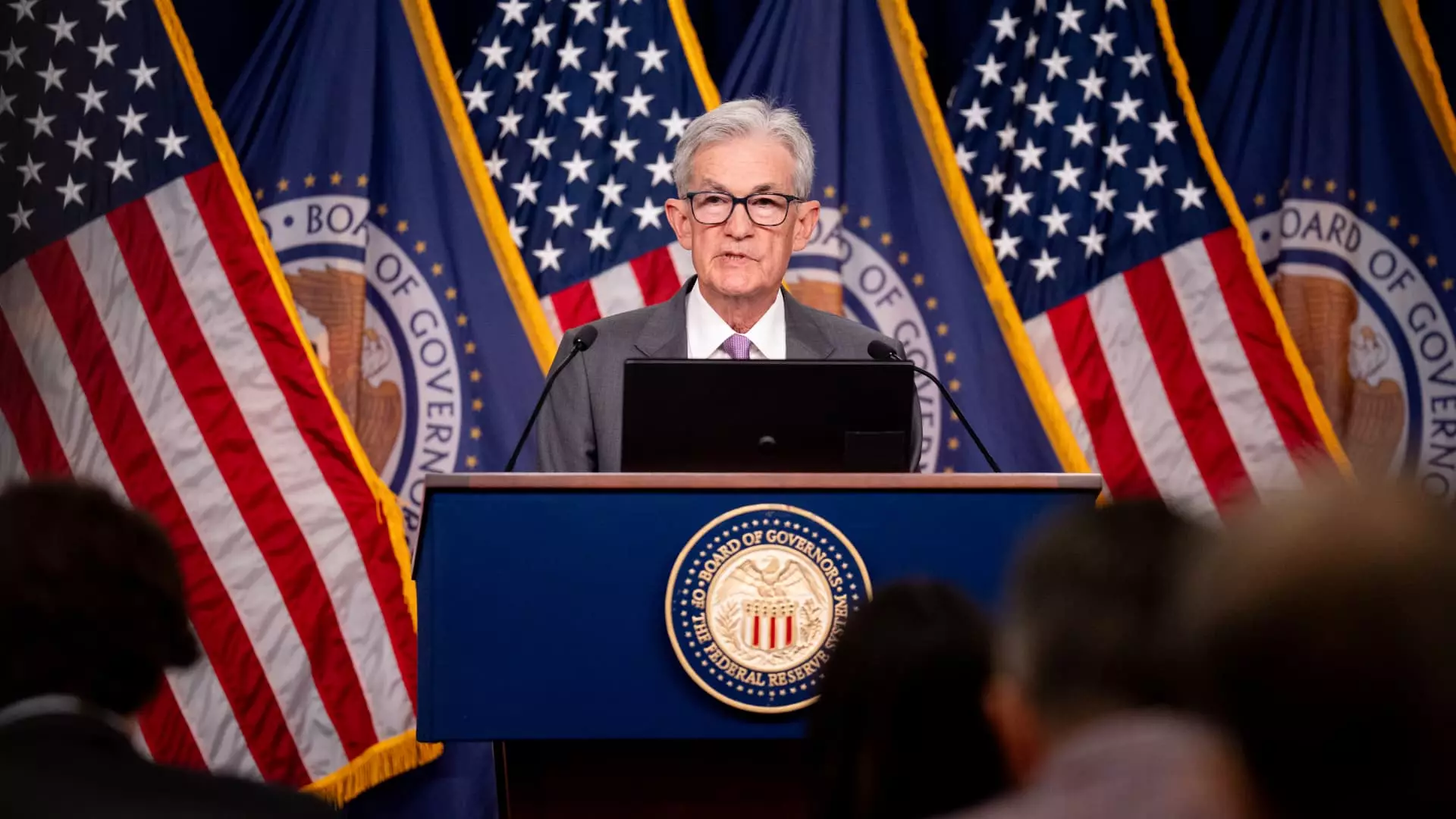British fund manager abrdn has predicted that the U.S. economy will experience a soft landing in the near future. However, there is still a significant risk of a prolonged slowdown in 2025, according to Kenneth Akintewe, the company’s head of Asian sovereign debt.
Akintewe raised concerns about the Federal Reserve’s current policies, asking whether they are inadvertently leading the economy into a mistake. He highlighted the discrepancy in economic data, pointing out that non-farm payrolls were later revised to show a weaker economic outlook.
In August, the U.S. Labor Department revealed that the country had created 818,000 fewer jobs than originally reported between April 2023 and March 2024. The Bureau of Labor Statistics revised the nonfarm payroll numbers, indicating that the actual job growth was significantly lower than initially thought.
Akintewe suggested that the economy might already be weaker than what the headline data suggests, urging the Fed to consider implementing easing measures sooner rather than later. He emphasized that policy changes take time to take effect and called for a substantial amount of easing to address any economic weaknesses.
The process of transmitting easing measures through the economy can take up to six to eight months, according to Akintewe. This delay means that any actions taken now may not have a noticeable impact until the second half of 2025, potentially altering the economic landscape at that time.
Akintewe criticized the market for being too focused on predicting the size of potential rate cuts, questioning why the policy rate remains at 5.5% despite inflation dropping to around 2.5%. He suggested that such a high real policy rate might not be conducive to the current economic environment rife with uncertainty.
Recent data on personal consumption expenditures (PCE) price index showed a slight increase last month, in line with expectations. This data has influenced market expectations regarding potential rate cuts, with U.S. rate futures indicating a higher likelihood of a 25-basis-point cut over a 50-basis-point cut in the upcoming Fed meeting.
While the outlook for the U.S. economy points towards a soft landing, the risk of a prolonged economic slowdown in 2025 remains a significant concern. The Federal Reserve may need to reevaluate its current policies in light of revised economic data and market expectations, in order to mitigate any potential risks and uncertainties in the coming months.

